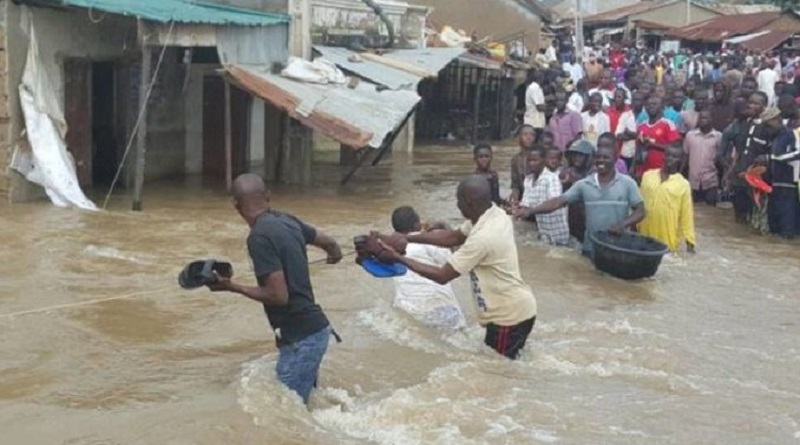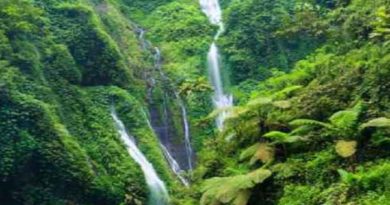Group expresses concern over environmental challenges, calls for preventive measures
The Clean-Up Nigeria (CUN), a Non Governmental Organisation (NGO), has expressed concern over environmental situation and called on governments and relevant stakeholders to provide preventive measures to tackle the issues.
The National Coordinator of the organisation, Mr Prince Owoh Jr, said this at a public presentation of its 5th State of the Nigeria Environment 2022 Report (STONER), in Abuja on Thursday.
Owoh said the CUN was concerned about the state of the environment, adding that the collaboration of the government and other relevant stakeholders would tackle the situation.
He condoled with the hundreds of lives lost and millions of international displaced people in the worst flood disaster in the country.
“We are not unmindful of the synergy from non-governmental organisations like CUN, both within and outside the country that will help the sufferings of IDP and preventive measures that will be averted.
Owoh, while presenting its 5th STONE report, announced that Akwa Ibom State emerged the cleanest state for the year 2022 in Nigeria, with a cumulative score of 62 per cent.
He said that Ebonyi took 2nd with 45 per cent while Bauchi emerged 3rd position with 44 per cent.
He said that Abuja capital city emerged the cleanest city in Nigeria for year 2022 with 79 per cent followed by Uyo with 63 per cent.
According to him, “we are again congratulating the Akwa Ibom people and government for emerging the cleanest state for the year 2022 in Nigeria.
“While appreciating the winning states, the other states and town/cities need to seriously step up the performances and improve their living environment for all.
“Again, we call on all stakeholders to engage in peer review mechanism by making out time to visit both the winning states and cities and the backward states and cities.
“Also, they will benefit and gain more insights to what the top states are doing in order to improve their performance ratings,” he said.
The national coordinator advised Nigerians to embrace strong personal hygiene and good sanitation habits and dispose of their waste at the right places.
According to him, the organisaion is encouraged by government at all levels and the populace, in the sense that after the initial forth cleanliness index ratings, studies we carried out in 2018, 2019 and 2020 show there has been encouraging improvement.
“The improvement in hygiene and sanitation practice across the states is by 2 per cent in year 2022. However, it could be better.
He said that the essence of the report was to bring sanitation and waste management to the front burner of both the government, the populace and in the process, increase awareness.
He said that the effort would also encourage alternative actions on personal hygiene and sanitation to ensure a cleaner, healthier and safer Nigeria for all.
He said that the determination would as well in the end, make the world a better place to live and extend average life expectancy in Nigeria to 54 years.
Owoh said that the cleanliness performance index rating of all the states and towns study was carried out for a full calendar year from December 2021 to November 2022.
He said that the aim of the report was to provide environmental data base on the state of the country`s environment yearly with special focus on cleanliness.
Owoh said it would help to raise the bar on cleanest index nationwide and improve the people’s living standards as well as reduce the incidence of sanitation related diseases.
He said that performance indicators from the studies showed that 176.3 million Nigerians were now living in unclean environment, compared to 172 million in 2021.
He said that there had been no increase in the number of states with sanitary landfills beside Lagos, Oyo, Abuja and Bauchi while the remaining 34 states operated open dumping.
“This development is not only alarming but urging the government to key into the global best practices of waste modernisation with related benefit.”
He thanked the International Council for Local Environmental Initiatives (ICLEI) – Canada, Germany, SUEZ Foundation, France and Clean-Up the World, Australia, among others, who made the study possible through their financial and technical support.
By Vivian Emoni




